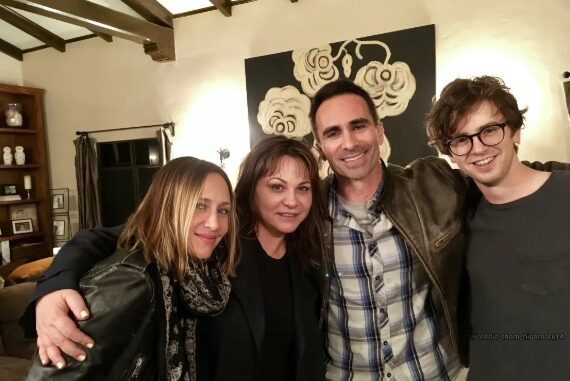
In a television landscape crowded with antiheroes and morally ambiguous protagonists, Freddie Highmore’s portrayal of Dr. Shaun Murphy in The Good Doctor stands as a rare testament to compassion, vulnerability, and brilliance. Since the show’s debut in 2017, Highmore’s character—a young surgical resident with autism and savant syndrome—has quietly but powerfully shifted the conversation around representation and emotional intelligence on screen.
Shaun Murphy isn’t the typical television doctor. He doesn’t charm patients with quick wit or dominate surgical rooms with bravado. Instead, he communicates through precision, sincerity, and a relentless commitment to truth. His struggles with social interaction and sensory overload are not written as flaws, but as intrinsic parts of a mind wired differently—one that processes the world through a unique lens of logic and empathy. This distinction has been central to The Good Doctor’s enduring appeal.
Highmore’s nuanced performance is the backbone of this success. Known for his earlier roles in Bates Motel and Finding Neverland, the British actor brings a meticulous sensitivity to Shaun. Every gesture—an uncertain glance, a stiff posture, a delayed response—feels intentional, portraying both the limitations and quiet strengths of the character. It’s a portrayal that avoids stereotypes and instead humanizes autism with rare dignity.
Critics have praised Highmore not only for his acting but also for the depth of research and care he brings to the role. He’s not portraying autism for dramatic effect; he’s embodying it with authenticity. “Shaun is brilliant but he’s also learning, growing, and failing like everyone else,” Highmore once said in an interview. “That’s what makes him real.”
Beyond the operating room, The Good Doctor serves as a cultural touchstone. It invites viewers to reconsider what empathy truly means—reminding audiences that understanding doesn’t always come through shared experiences, but through patience and respect. Hospitals in real life have even reported that patients and medical professionals alike have referenced the show when discussing neurodiversity and inclusion in healthcare.
Perhaps the greatest achievement of The Good Doctor lies in how it reframes heroism. Shaun Murphy isn’t extraordinary because he can visualize anatomy in his mind or diagnose the undiagnosable. He’s extraordinary because he persists in a world that constantly doubts his worth. Through Freddie Highmore’s lens, Shaun becomes a mirror reflecting society’s biases, while also showing how understanding and compassion can triumph in even the most sterile of environments.
As the series continues to evolve, one truth remains: The Good Doctor has done more than entertain—it has educated, challenged, and inspired. In an era where representation often feels performative, Freddie Highmore’s Shaun Murphy remains a masterclass in authenticity. The result is a character who doesn’t just save lives on screen—he changes hearts off it.
